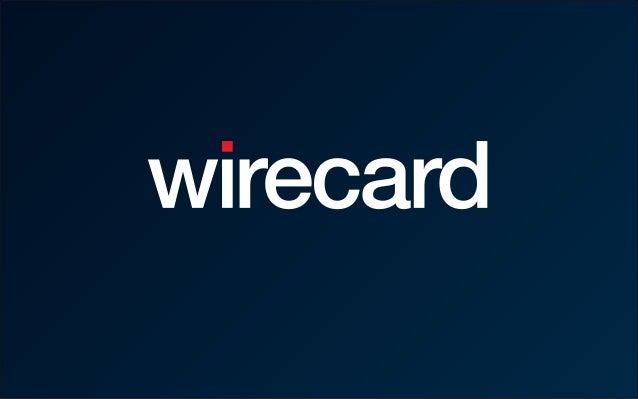
Some investors are returning to embattled fintech Wirecard following reports that ex-CEO Markus Braun, who stepped down last week, has been arrested.
Wirecard shares were up 37% at €17.82 as of around 7 a.m. ET, on 23 June, according to Markets Insider data.

Access deeper industry intelligence
Experience unmatched clarity with a single platform that combines unique data, AI, and human expertise.
The price increase represents a U-turn for the German fintech’s stock, whose shares tanked on news that a supposed cash balance of 1.9bn euros ($2.15bn) likely does not exist.
Despite the impressive rebound, Wirecard shares are still down more than 80% so far in 2020, having cratered last week.
The former chief executive turned himself in to Munich authorities yesterday evening after a warrant had been issued for his arrest.
Potential charges contemplated
German prosecutors are expected to pursue charges of false accounting and manipulative business practices—though Braun has not yet been charged with any crime.

US Tariffs are shifting - will you react or anticipate?
Don’t let policy changes catch you off guard. Stay proactive with real-time data and expert analysis.
By GlobalDataHe is facing allegations of portraying the company to be financially stronger than it was by inflating Wirecard’s balance sheet.
James Freis, a recent hire and former compliance executive at Deutsche Boerse AG, has been appointed interim CEO.
Lenders bracing for potentially massive default
Braun’s exit comes after a catastrophic few days for Wirecard.
Wirecard executives had initially reportedly said the money was held in two Philippine banks, but the Filipino central bank denied the money had ever entered their accounts.
The scandal-ridden firm also withdrew guidance of its full-year-2019 and first-quarter-2020 results.
Wirecard said last week that its auditors at EY could not confirm “sufficient audit evidence” of about 1.9 billion euros ($2.15 billion) in its cash balances, effectively saying that the money is missing.
Now, the company says it is holding “constructive discussions” with anxious lenders about credit lines and future transactions.
Meanwhile, Wirecard’s lenders are considering hiring outside help as they seek to navigate the risk of a potentially massive default.







